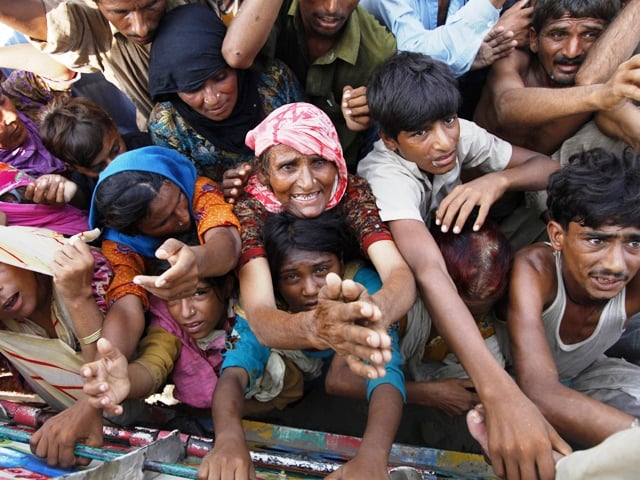
In July 2010, the worst-ever floods of Pakistan’s history affected over one-tenth of the country’s population and caused losses estimated at $10.8 billion. But official statistics show that since then, a group of 79 bilateral and multilateral donors and philanthropist organisations have disbursed $475 million in cash and $185 million in kind. This is slightly over one-fifth of the donors’ total commitments of three billion dollars and one-third of the total needs at the ground. Immediately after the disaster, the United Nations had sought $2 billion for early relief and recovery phases. Officially, the relief phase will be over by the end of January.
However, after six months, thousands are still living in tents. According to the Damage and Needs Assessment report, Pakistan needs one billion dollars each for relief and early recovery phases.
An official of the economic affairs division (EAD) lamented that donors were not ready to give money through the government due to the tainted image of the political leadership.
“The flood and its aftermath is a forgotten story because neither are donors providing significant funds nor is the federal government doing enough as the Council of Common Interests had decided that the primary responsibility lies with provincial governments,” a member of the National Oversight Disaster Management Council (NODMC) said on condition of anonymity. The council was formed soon after the floods struck to trace the inflow of funds and monitor progress on projects after donors expressed reservations over transparency.
He said that so far, the council had held three meetings and according to the NODMC “nothing significant is happening on the grounds as foreign funds have been diverted toward the Watan Card scheme”.
However, Chairperson of the National Disaster Management Authority (NDMA) Lt-Gen (retd) Nadeem Ahmed said that only 152,000 people are living in tents. “Ninety-five per cent of the affected population has returned home,” Ahmed said.
According to the NDMA, the government has met two of four targets. “The government did well in delivering food and providing health care. However, it could not provide shelter to all and extend water and sanitation services,” he said.
Ahmed said that against the UN’s appeal, Pakistan has received firm commitments which are approximately 56 per cent of the appeal.
Official documents show that the European Union pledged $187 million but had delivered $87.5 million worth of goods through the United Nations and other NGOs.
Japan committed $520 million but has so far disbursed $20 million. It intends to give $281 million in cash and a soft loan of $233 million. Japan and Pakistan are scheduled to sign a grant worth $60 million on January 21.
According to the EAD’s statistics, the US has promised to give $571 million through the UN and NGOs but has not disbursed any cash so far.
The EAD official said that Pakistan is finding it hard to get firm commitments from donors for rehabilitation and reconstruction as none of them are ready to spend money through government channels.
Published in The Express Tribune, January 19th, 2011.





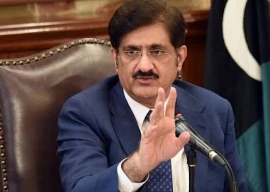
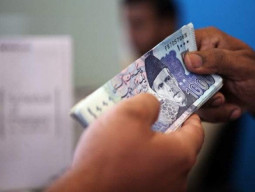



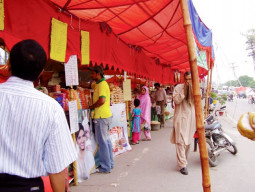
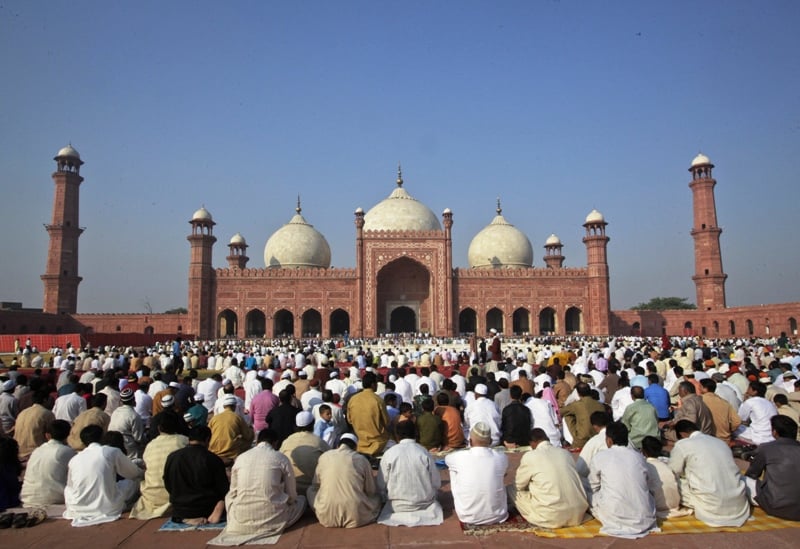











COMMENTS
Comments are moderated and generally will be posted if they are on-topic and not abusive.
For more information, please see our Comments FAQ